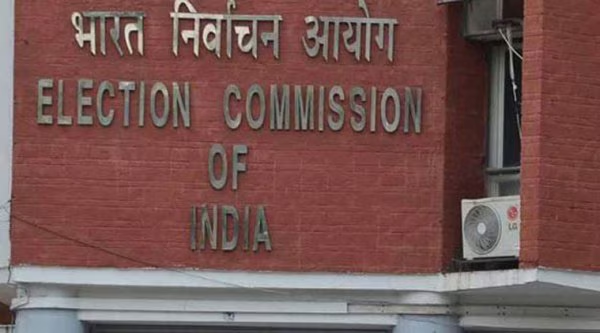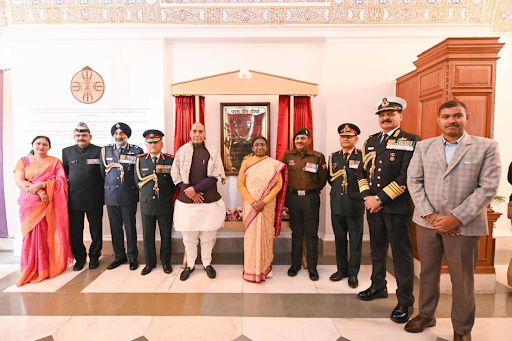Description

Copyright infringement not intended
Picture Courtesy: https://indianexpress.com/article/india/manifesto-release-72-hrs-before-poll-begins-election-commission-panel-lok-sabha-elections-2019-congress-bjp-5532894/
Context: Experts explain the critical last 72 hours of elections, detailing campaign monitoring, security measures, polling station readiness, and post-polling procedures for fair elections.
Details
- The final 72 hours leading up to an election are among the most crucial in the electoral process, involving a series of behind-the-scenes activities aimed at ensuring a smooth and fair voting experience for citizens.
Monitoring Campaign Expenditure and Enforcement
- Campaign Expenditure Checks: Officials conduct a final check of candidates' expenditure registers to ensure compliance with campaign finance rules.
- Inspection Teams: Strengthening of inspection teams to monitor campaign activities and enforce spending limits.
- Flying Squads (FSs): Special teams operating round-the-clock to swiftly respond to complaints, seize illicit items like cash or bribes, gather evidence, and take legal action against violations.
- Static Surveillance Teams (SSTs): Positioned at strategic locations to intercept illicit goods (e.g., liquor, large sums of cash) to deter malpractices and undue influence.
Model Code of Conduct Enforcement
- Adherence Monitoring: Strict monitoring of political parties and candidates to prevent activities that could disrupt social harmony or unduly influence voters.
- Collaboration with Police: Coordination between District Election Officers (DEOs) and senior police officials to develop strategies for managing potential disturbances during the critical 72-hour period.
- Border Sealing: Sealing of borders to prevent the entry of anti-social or disruptive elements.
Voter Education and Assured Minimum Facilities (AMFs)
- Voter Awareness: Intensive efforts to educate voters about the polling process, including timings, locations, required identification, and the importance of ethical voting.
- Assured Minimum Facilities (AMFs): Final assessment of facilities at polling stations, ensuring amenities like drinking water, shade, wheelchairs, clean toilets, etc., for voter comfort and convenience.

Last 48 Hours
- Election Silence: Under Section 126 of the Representation of the People Act, 1951, 48 hours of "silence" begins, prohibiting campaign activities, public meetings, and the use of loudspeakers.
- Area Domination: Central Armed Police Forces conduct "area domination" activities to enhance security and maintain order.
- Transparency Measures: Deployment of micro-observers, video/still cameras, webcasting, and CCTV surveillance to ensure transparency at critical polling stations.
- Pre-poll Day Activities: Dispatch of polling parties with EVMs and election materials to designated polling stations, coordinated with other departments for support services.
Polling Day Operations
- Polling Restrictions: Prohibition on certain activities like using multiple vehicles, mobile phones (except by officers on duty), canvassing, posters/banners, and loudspeakers near polling stations.
- Holiday for Employees: Employees are entitled to a paid holiday on the polling date under Section 135(B) of the RP Act.
- Polling Station Setup: Booth Level Officers assist voters in locating their details, and Presiding Officers conduct mock polls before the official polling begins.
- Polling Operations: Monitoring of voter queues, identification processes, application of indelible ink, and immediate action to address any issues with EVMs or voter concerns.
- Post-Polling Activities: Sealing and secure transport of EVMs to reception centres under tight security, with strong rooms for storage equipped with advanced security measures and facilities for candidate monitoring.
Conclusion
- The final 72 hours of an election are marked by intensive efforts to uphold electoral integrity, enforce regulations, and ensure a transparent, fair, and peaceful voting process. The scale of these operations, involving millions of voters and extensive logistical coordination, underscores the commitment of election officials to conduct elections with utmost diligence and accountability.
Source:
Indian Express
|
PRACTICE QUESTION
Q. Evaluate the impact of money and media on electoral outcomes. How can electoral regulations be strengthened to mitigate the influence of wealth and media manipulation on democratic elections?
|










